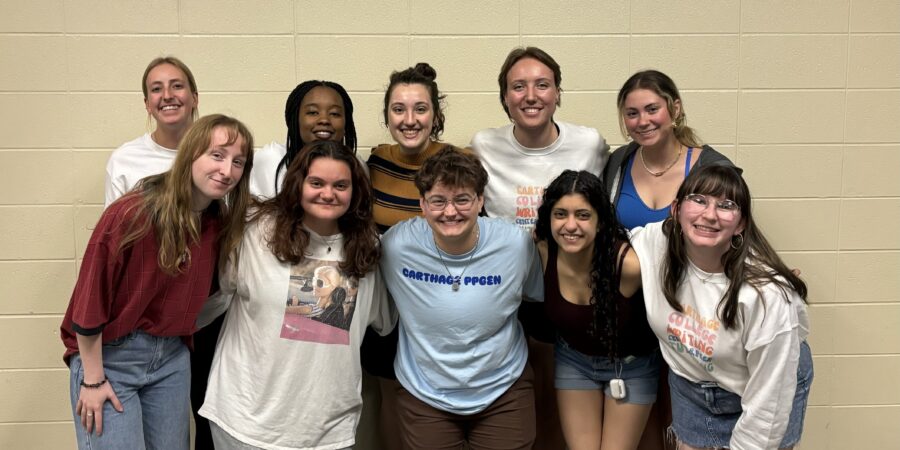Video Narratives in Training
By Katie Layendecker, Carthage College—When our director asked my co-trainer and me if there was anything we’d like to change about our training program, we knew we wanted to modernize it in a way that was both informational and fun. We couldn’t forget that, for the most part, our audience is first-year students who don’t know what a writing center is like. The new tutor training program at our writing center is led by experienced tutors and has been more or less unchanged for the past four years. This means […]










